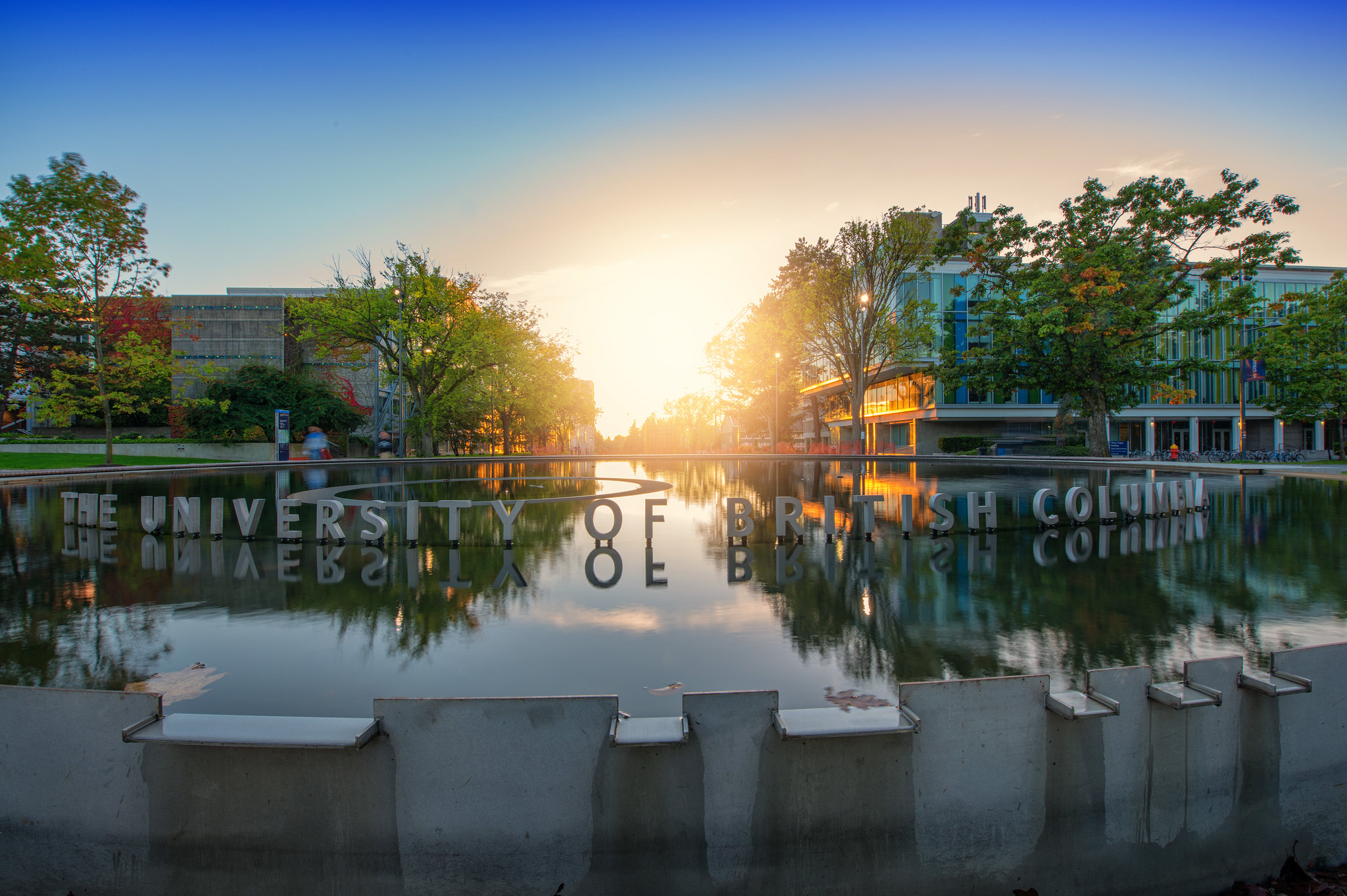11 UBC Science researchers featured on global highly cited list
November 15, 2023

November 15, 2023

Eleven UBC Science-affiliated researchers have been listed among the most highly cited investigators worldwide in 2023 by Clarivate Analytics on November 15. The researchers have demonstrated significant and broad influence reflected in their publication of multiple highly cited papers over the last decade.
“As the need for high-quality data from rigorously selected sources is becoming ever more important, we have adapted and responded to technological advances and changes in the publishing landscapeAs the need for high-quality data from rigorously selected sources is becoming ever more important, we have adapted and responded to technological advances and changes in the publishing landscape,” said David Pendlebury, head of research analysis at the Institute for Scientific Information at Clarivate.
“Just as we have applied stringent standards and transparent selection criteria to identify trusted journals, we have evolved our evaluation and selection policies for our annual Highly Cited Researchers program to address the challenges of an increasingly complex and polluted scholarly record.”
In total, UBC was home to 24 highly cited researchers among 218 academics from across Canada in this year’s list.
In scholarship, researchers use citations to build a base of credible literature upon which their theses, or arguments, are built. Clarivate’s list of highly cited researchers is compiled through its Web of Science database, which provides reference and citation data from academic journals, conference proceedings, and other documents. The papers of these researchers rank in the top one per cent by citations for a field or fields and publication year. Roughly 7,000 scientists are included on the list.
We honour xwməθkwəy̓ əm (Musqueam) on whose ancestral, unceded territory UBC Vancouver is situated. UBC Science is committed to building meaningful relationships with Indigenous peoples so we can advance Reconciliation and ensure traditional ways of knowing enrich our teaching and research.
Learn more: Musqueam First Nation